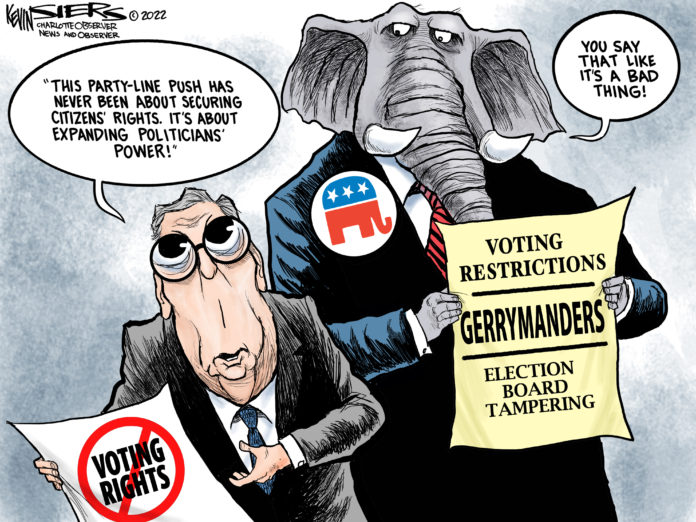Thirty-six years ago, James P. Carse published a small, fine book, Finite and Infinite Games. As with much thought-provoking books, we need not agree with everything he says in order to glean important insights from it. Often, the ability of such books to make us think offsets our uneasiness with parts of them.
For example, one of Carse’s early posers that, I guess, is supposed to grab our attention, stop us in our tracks, is his asking, “Who, for example, won the French Revolution?”
Well, I see two answers. Napoleon won the battle for control of the government, and totalitarianism – ousted by the revolutionaries – regained supremacy as the dominant political system. And, yes, it is ironic that French soldiers, following the Hitler of their era, spread the notions of “liberty, equality and fraternity” throughout Europe.
But my disagreement with the opening pales to my disagreement with the conclusion. To set the stage, FIG opens:
“There are at least two kinds of games. One could be called finite, the other infinite.
“A finite game is played for the purpose of winning, an infinite game for the purpose of continuing the play.”
His first elaboration is to point out, “If a finite game is to be won by someone it must come to a definite end.”
Finite games include sporting endeavors, TV talent contests, awards presented to one of several candidates. They possess sets of rules and set durations as agreed to by the participants.
This is pretty clear, and as mentioned, there are neat ideas throughout. But in what one suspects to be a grand statement, Carse concludes, “There is but one infinite game.”
Sounds profound, but Carse provides no all-encompassing collective noun to cement this claim.
Left to my own devices, I see most art forms as infinite games. Thousands of years of static art in ancient Egypt aside [and it finally died out], change is the primary constant in the art world. New ideas, new techniques and even new materials lead one generation of artists to modify or reject the work of their predecessors.
Just as art historians can tie these changes into a somewhat logical progression, so, too, can musical theorists chart developments as that infinite game keeps going, including the individual infinite games within separate musical genres.
I also see the U.S. Constitution as the framework for what was meant to be another infinite game – the democratic republic of the United States of America. It provides for the finite games of elections to determine the current roster of participants. But each election is to be followed by another to keep the game – and the American Experiment – in play.
Thus, when a defeated U.S. president sends a mob to attack Congress and overthrow the voted will of the people, we see an attempt to convert what was supposed to be our infinite – and infinitely inspiring, as it turns out – game of self-government into a finite game, to bring our republic to an end.
As the St. Louis Post-Dispatch editorialized ahead of the anniversary of the attempted coup, those Republicans still spreading The Big Lie that Trump won the 2020 election “refuse to recognize the will of the people. Which means they no longer recognize democracy.
“An October poll found that nearly a third of Republican respondents said violence may be necessary to put Trump back in power. Which means those Republicans no longer recognize democracy as the only correct way to install leaders and peacefully transfer power.”
And, the paper noted, “Before insurrectionists attacked from the outside, a few members of Congress inside had forwarded to the White House an elaborate scheme to effectively stage a military-backed coup to keep Trump in power.”
This is the gist of last year’s attempted coup. This is what is at stake as we discover who in Congress were the fifth columnists working against the foundational principles of our country. This is what we need to remember when these vocal anti-republic Republicans and their silent co-conspirators next appear on a ballot. If not, we might not have too many more meaningful ballots to cast.








